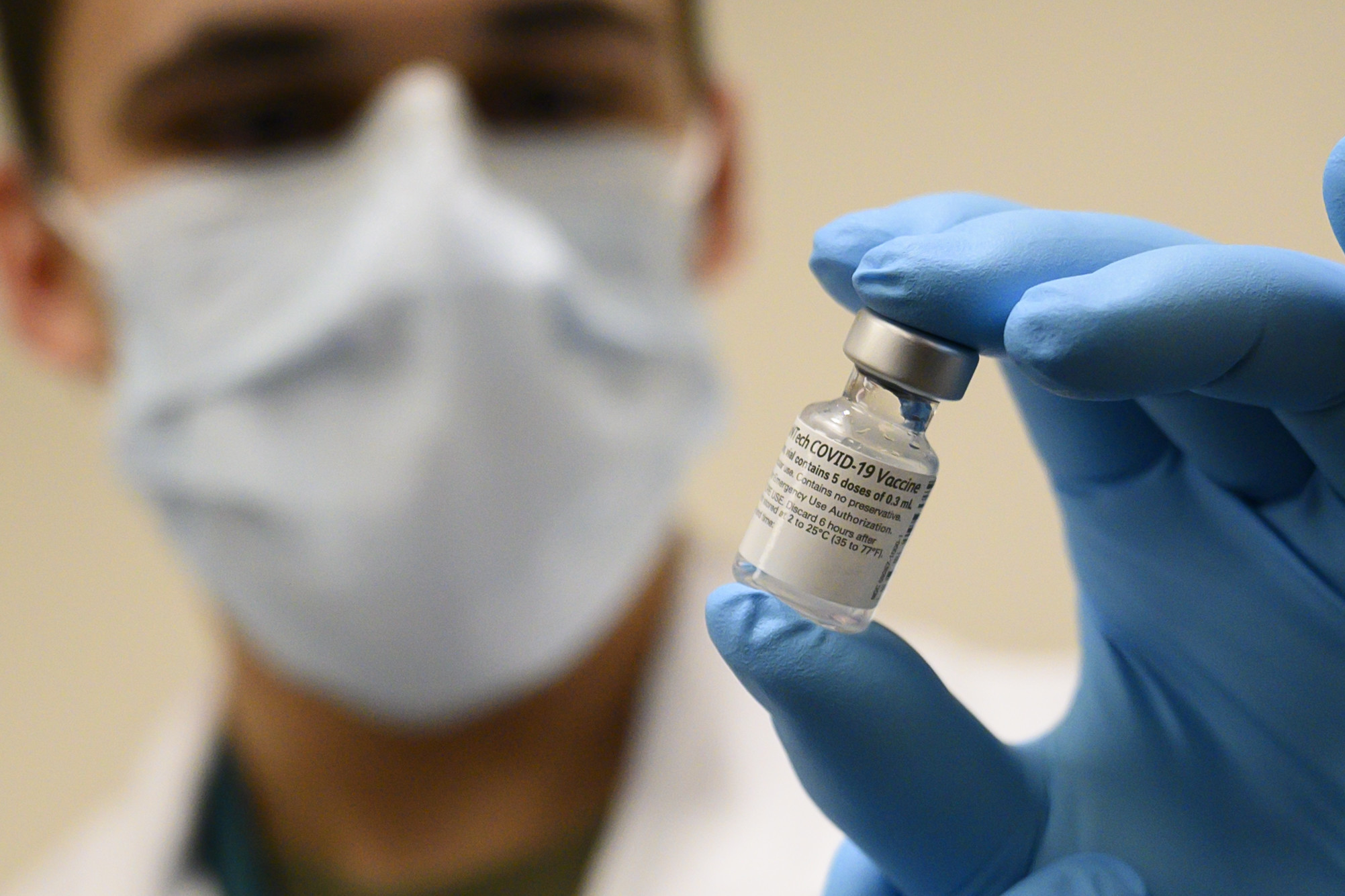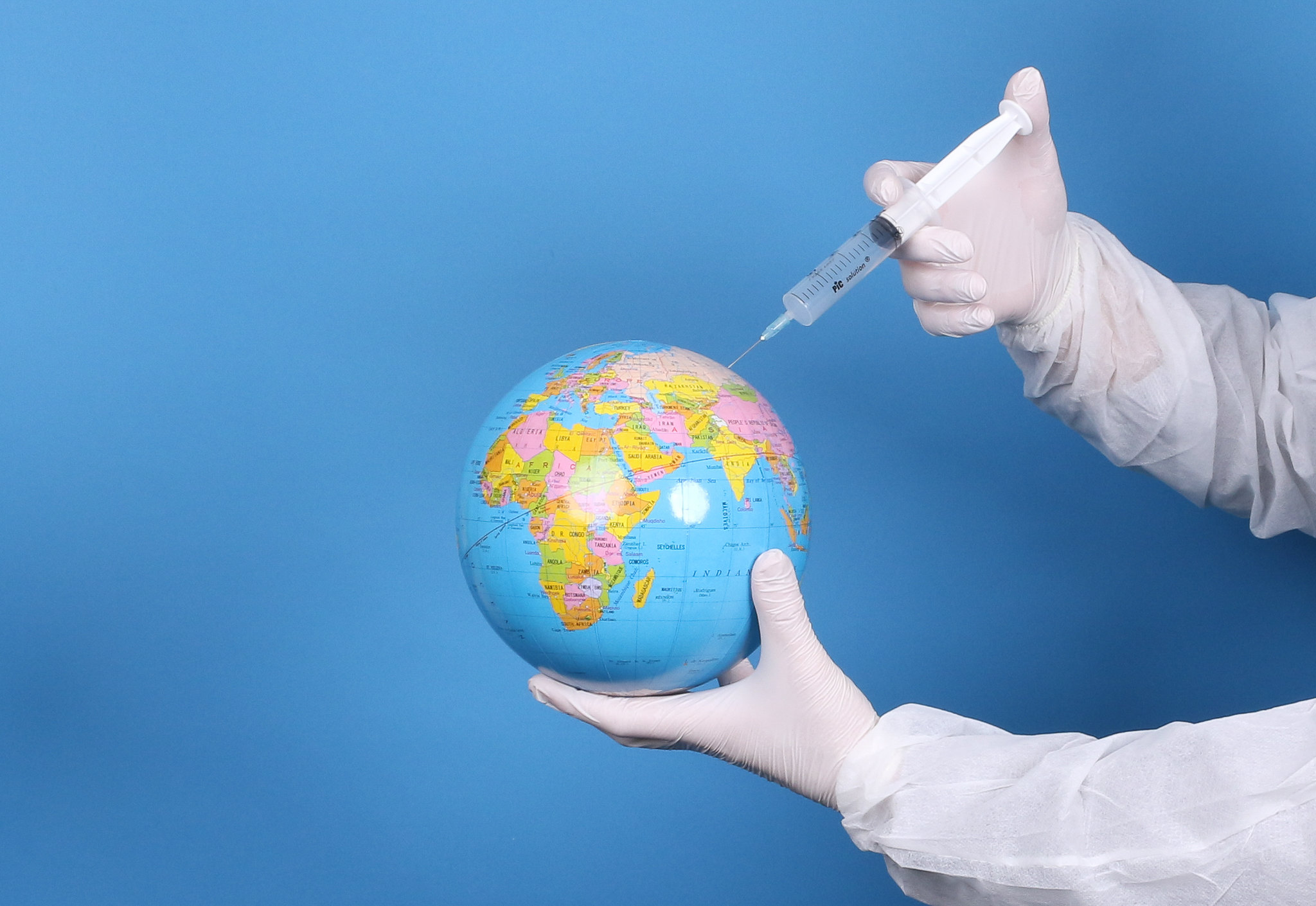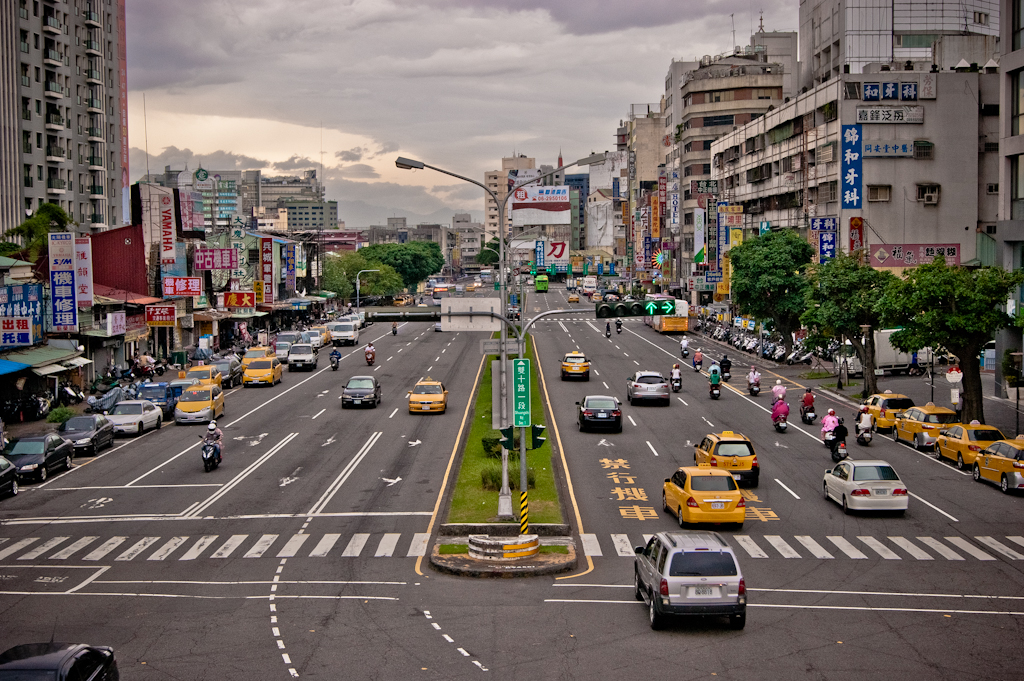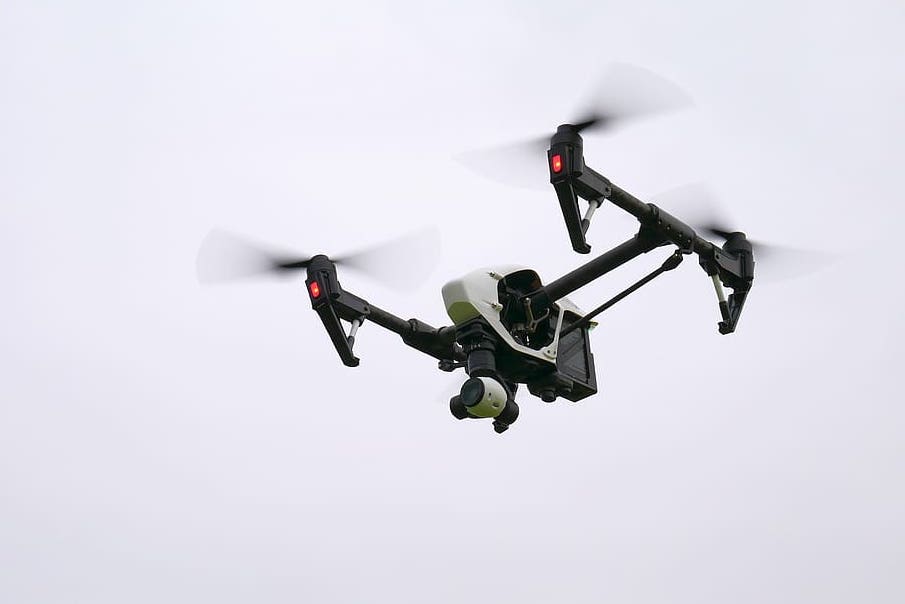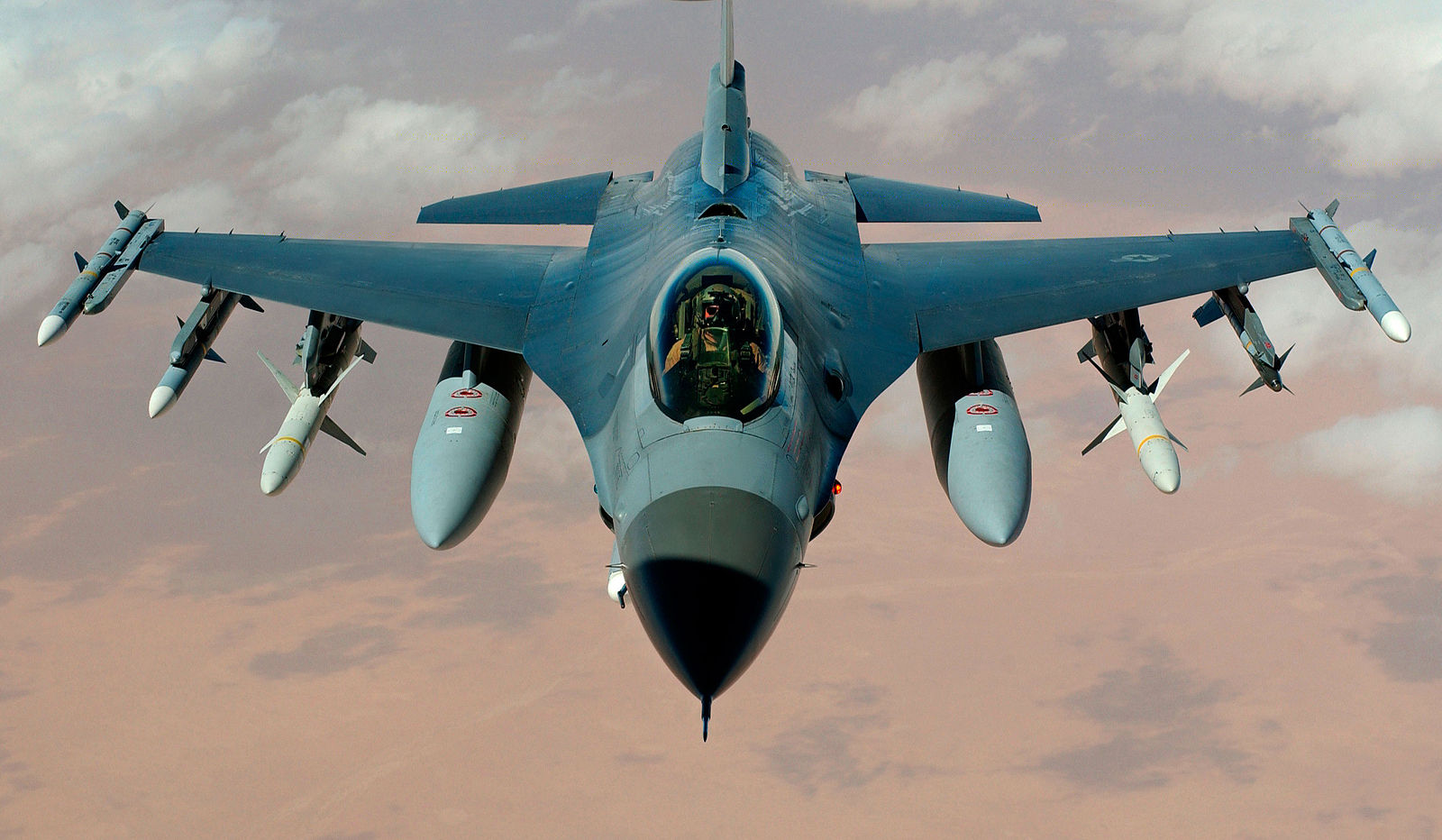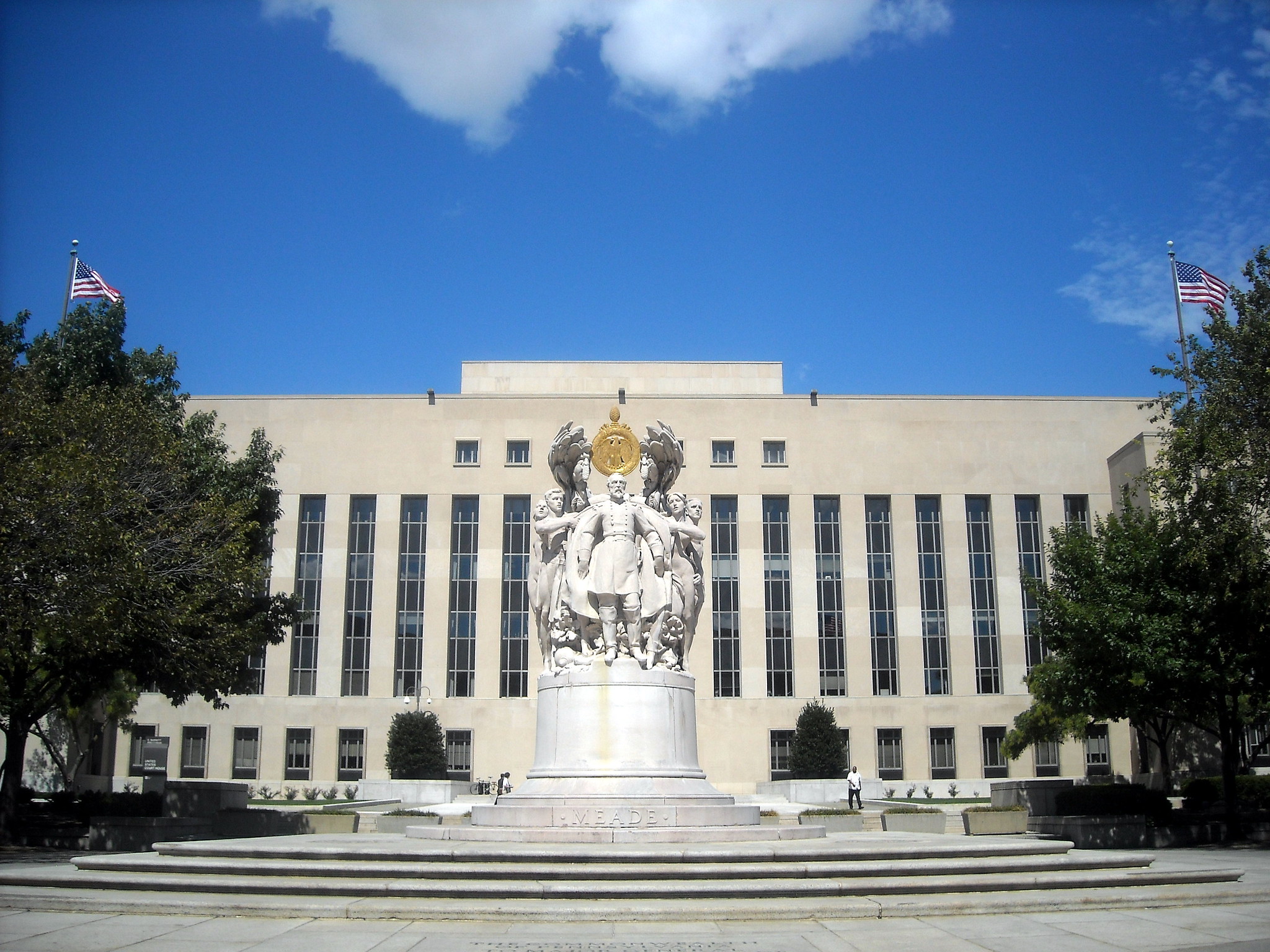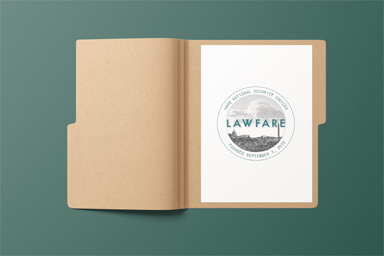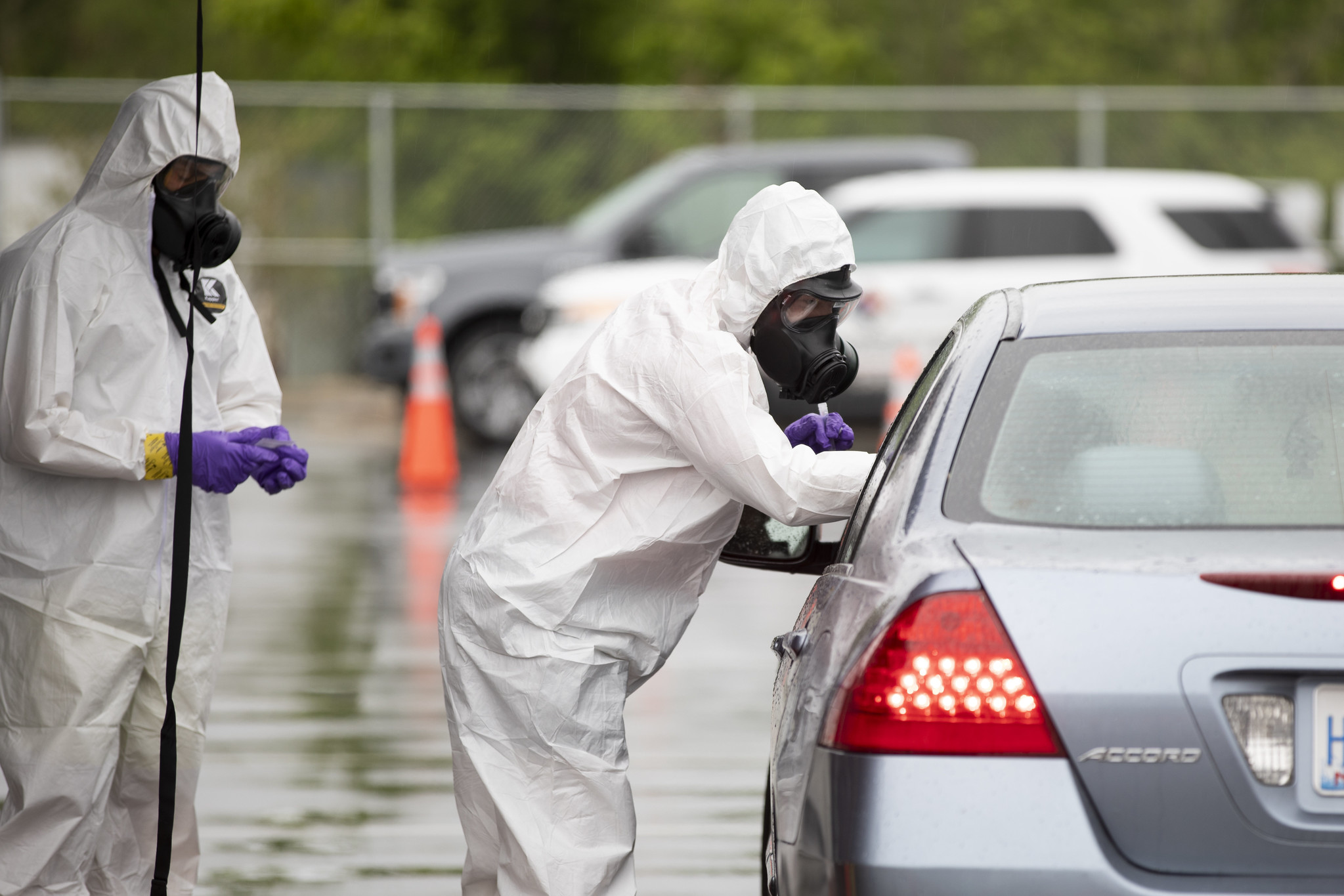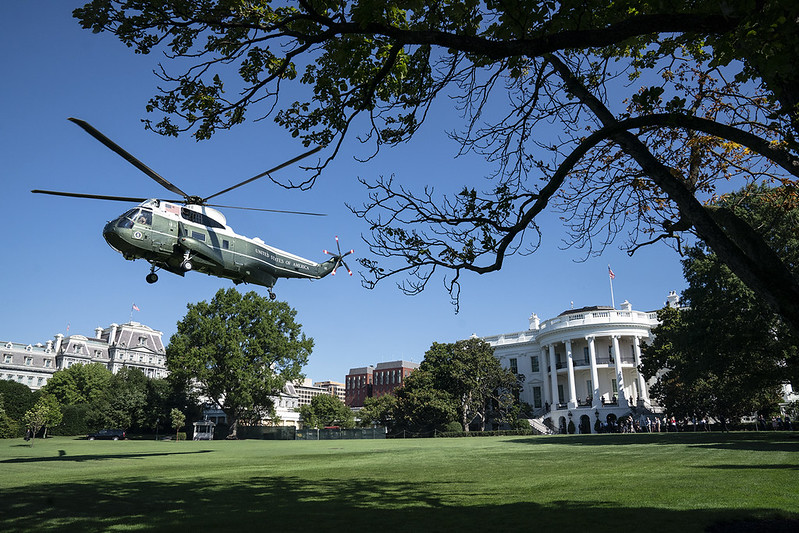-

The Coronavirus Games: A Geopolitical Spy Story
Around the world, spies are being used to respond to the pandemic by collecting information and equipment, engaging in information warfare, and exploiting contact-tracing platforms. -

COVID-19 Apps Are Terrible—They Didn't Have to Be
COVID-19 apps in the United States have been ineffective as public health tools because they are designed primarily to protect privacy. Poor design choices, effectively mandated by Google and Apple, were... -

Technical Difficulties of Contact Tracing
Inherent technical limitations mean that contact-tracing apps, at best, play a relatively small public health role and, at worst, risk doing more harm than good. -

Taiwan, “Strategic Clarity” and the War Powers: A U.S. Commitment to Taiwan Requires Congressional Buy-In
An ongoing foreign policy debate over whether the United States should clarify a security guarantee to Taiwan needs to consider Congress's role in such a policy. -

How Easy Is it to Build a Robot Assassin?
Iranian scientist Mohsen Fakhrizadeh reportedly may have been assassinated using a remote-controlled machine gun. Such devices are unfortunately easy to construct. -

“You Mean They Can Bomb Us?” Addressing the Impact of Neutrality Law on Defense Cooperation
When does customary international law permit an adversary to attack the U.S. in a neutral defense partner's territory? -

Forcing President Trump to Comply With the Law
We filed a lawsuit to force President Trump to comply with his war powers reporting obligations under the law—and we won. -

Trump Administration Releases Overdue War Powers Report in Response to Lawsuit
On Oct. 20, 2020, the Trump administration publicly released the unclassified portion of a long-overdue report on the legal and policy frameworks for the use of military force. -

Privacy Issues at the Heart of North Carolina’s Coronavirus Response
Lessons learned from the privacy considerations of North Carolina’s coronavirus response. -

Cancel the Vice Presidential Debate
With the White House in the midst of a coronavirus outbreak, it’s not safe. -

The Rules for Displacing an Ailing Presidential Candidate
What happens if a sick presidential candidate won't drop out? This hypothetical illuminates important features in the presidential electoral system. -

Public Disclosure of Presidential Illnesses: The Discouraging History
History provides plenty of reason to believe that the public will not receive thorough updates about President Trump’s health following his diagnosis with COVID-19.
The upcoming main navigation can be gotten through utilizing the tab key. Any buttons that open a sub navigation can be triggered by the space or enter key.


